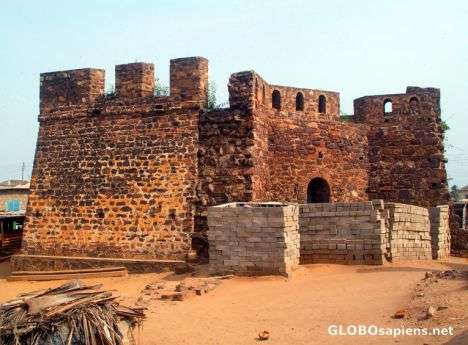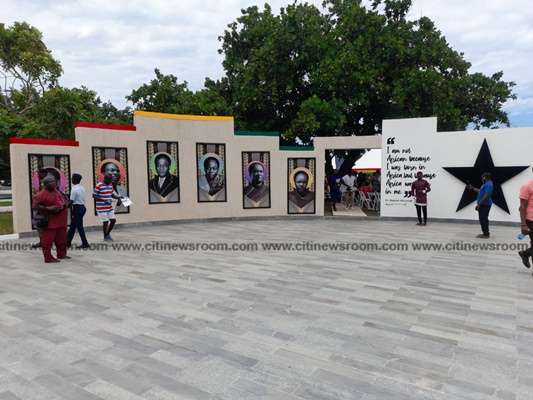As the International Monetary Fund’s (IMF) programme helps Ghana recover from its economic doldrums, inflation is dropping, and microeconomic stability is being restored. Although experts are concerned about the government’s commitment to fiscal discipline in an election year, most Ghanaians expect the election-related spending splurge they are accustomed to.
As part of the programme, the government is expected to widen the tax net and diversify its sources of revenue.
Tourism has become a major sector identified to help the government with its economic diversification drive, but the sector is saddled with multiple challenges.
National monuments in decay
Ghana celebrated its 67 years of Independence on the 6th of March 2024, ironically most national monuments that are connected to the anti-colonial struggle lie in ruins. These edifices have the potential to generate foreign exchange for the government but are themselves waisting.
In addition, there are several other colonial and pre-colonial structures in a dilapidated state. Furthermore, Ghana is blessed with scenic beauty and a natural landscape that offers great satisfaction.
Ghana has the largest concentration of forts and castles of any country in West Africa. Aside from the notable ones like Cape Coast and Elmina slave castles, others like forts Vredenburgh and Komenda are crumbling in a state of neglect.
More so, accessibility and poor road network are other challenges affecting the sector. A place like Kintampo Waterfalls has poor roads which makes the journey stressful.
Government revitalization efforts
In line with the government’s ambitious drive to boost tourism, the government recently embarked on a massive rejuvenation and revitalization plan for the tourism sector. Tourist attractions like the Kwame Nkrumah mausoleum and the National Museum benefited from massive investment and facelift. Nana Addo reiterated in a remark highlighting his government’s commitment to the sector.

“Let us create a comprehensive framework that facilitates dialogue, cooperation, and innovation. Together, we can develop sustainable tourism models, empower domestic entrepreneurs, and ensure that the benefits of tourism reach every corner of our beloved country”
President Nana Addo
Another major milestone attained in the tourism Calender of Ghana was the year of return in 2019. It was a year-long activity with several lineups and events created to mark the 400th anniversary of the arrival of the first recorded enslaved Africans in the state of Virginia in the United States of America. Moreover, it was designed to allow the descendants of these first recorded slaves and other subsequent slaves, and the African diaspora to visit Ghana and Africa to reconnect with their roots. The Tourism Minister, Barbara Oteng Gyasi signified the importance and benefit of the year of return.
“The Year Of Return will be the pivot on which we put Ghana on the world stage when it comes to tourism. This list of activities has already seen us gaining the needed ground when it comes to the destination choice”.
Barbara Oteng Gyasi
Institutional woes of Tourism
Tourism like several areas of the economy where Ghana has countless economic advantages is plagued with underperformance that springs from poor institutional framework. The separation between the public and private sectors limits the growth of the sector. The absence of proper consultation and collaboration creates difficulty for government and industry players to have a uniform approach.
Policy incoherence further inhibits the sector’s growth. Successive governments come to office with their specific policies, and more often than not, the policies are in the short to medium term. In the event of their exit from office, whether completed or not, the policy risks truncation. This lack of continuity hurts tourism and undermines investment in the sector.
Land litigation is another major constraint of the tourism sector. Multiple sales of land are not uncommon in Ghana, and litigation to ascertain rightful ownership could take years in court. Due to the snail’s pace of land litigation, investors are deterred. Court battles increase the cost and risk of investors.
There is also the relative absence of expertise in the sector leading to the hire of expatriates to man certain vantage areas of the work. That is, the benefits of an efficiently run tourism sector to Ghana’s economy, cannot be overstated.
READ ALSO: Ghana Plunges Into A Twin Pandemic




















